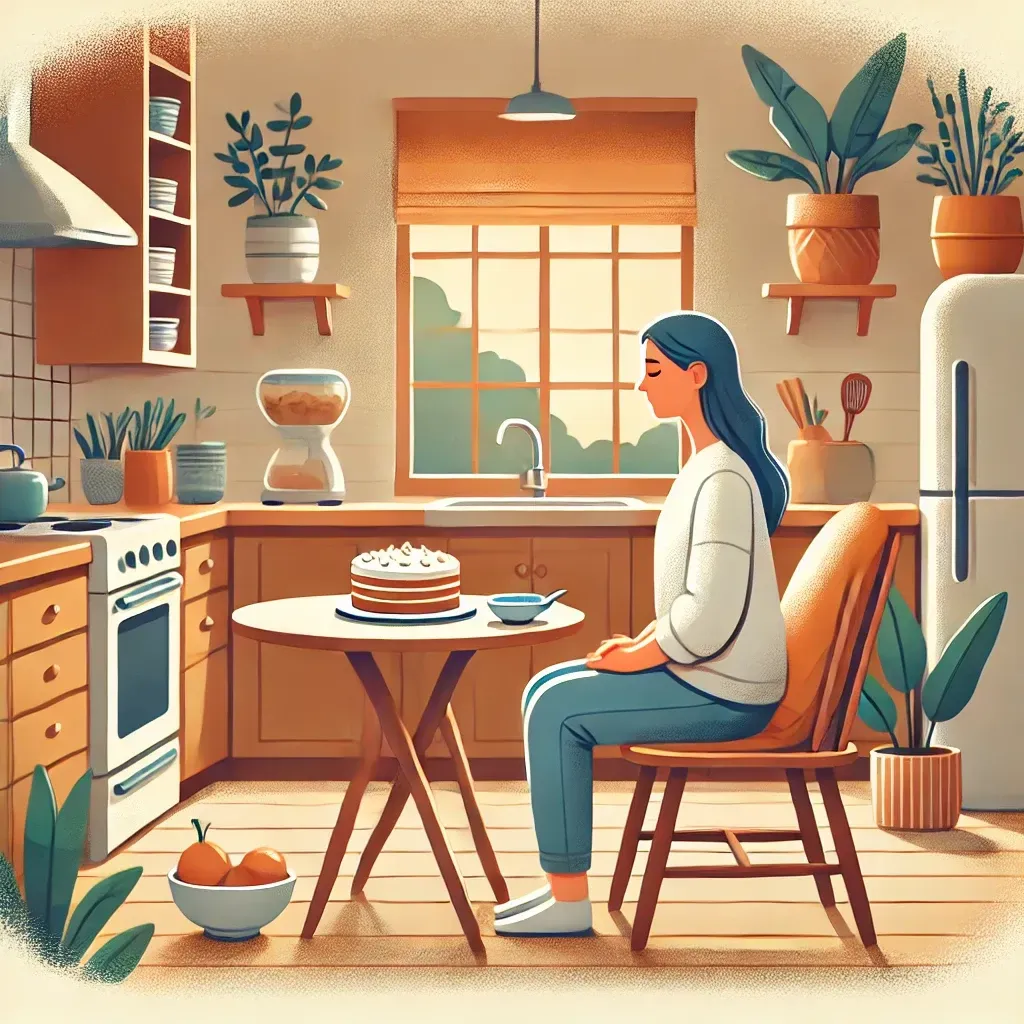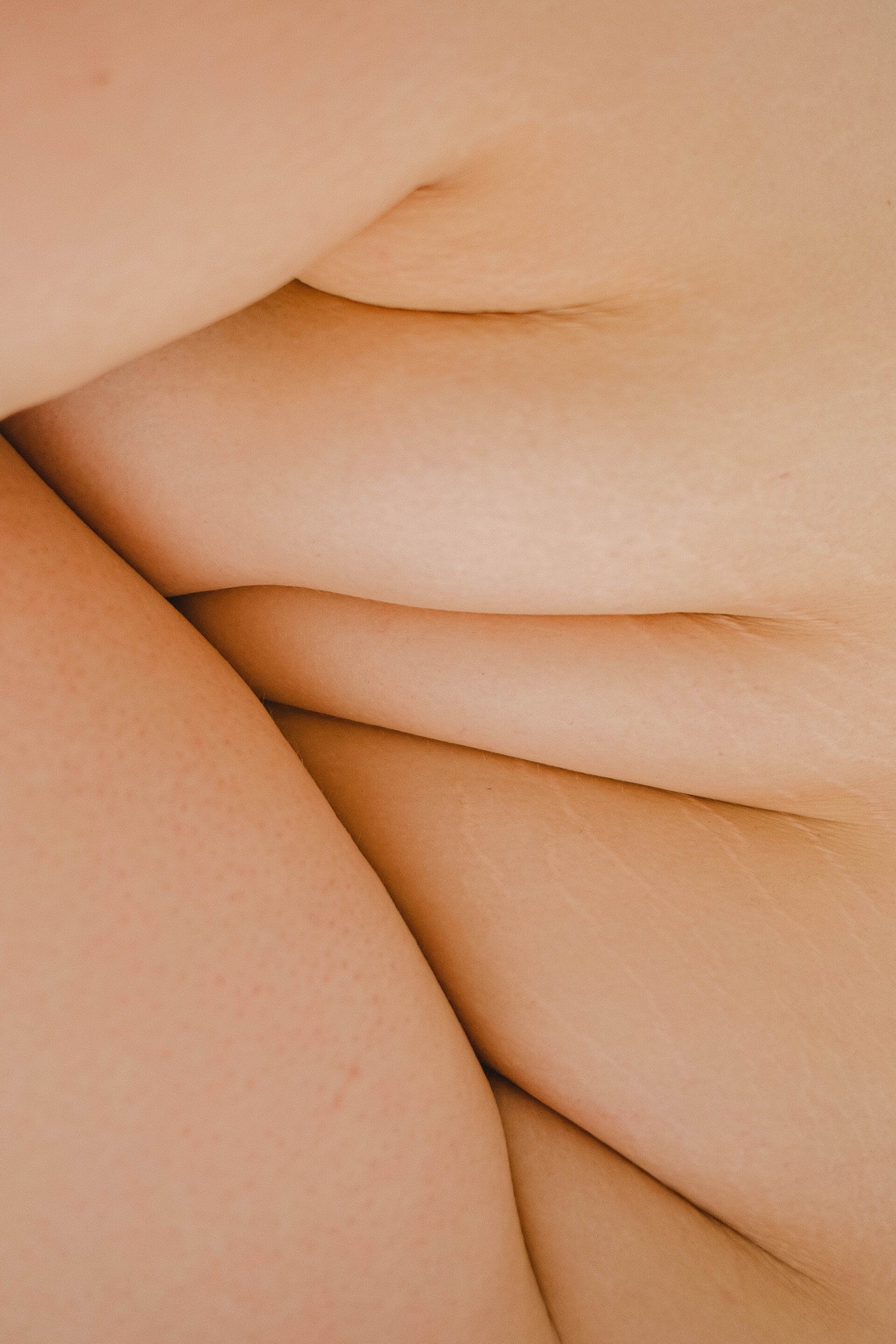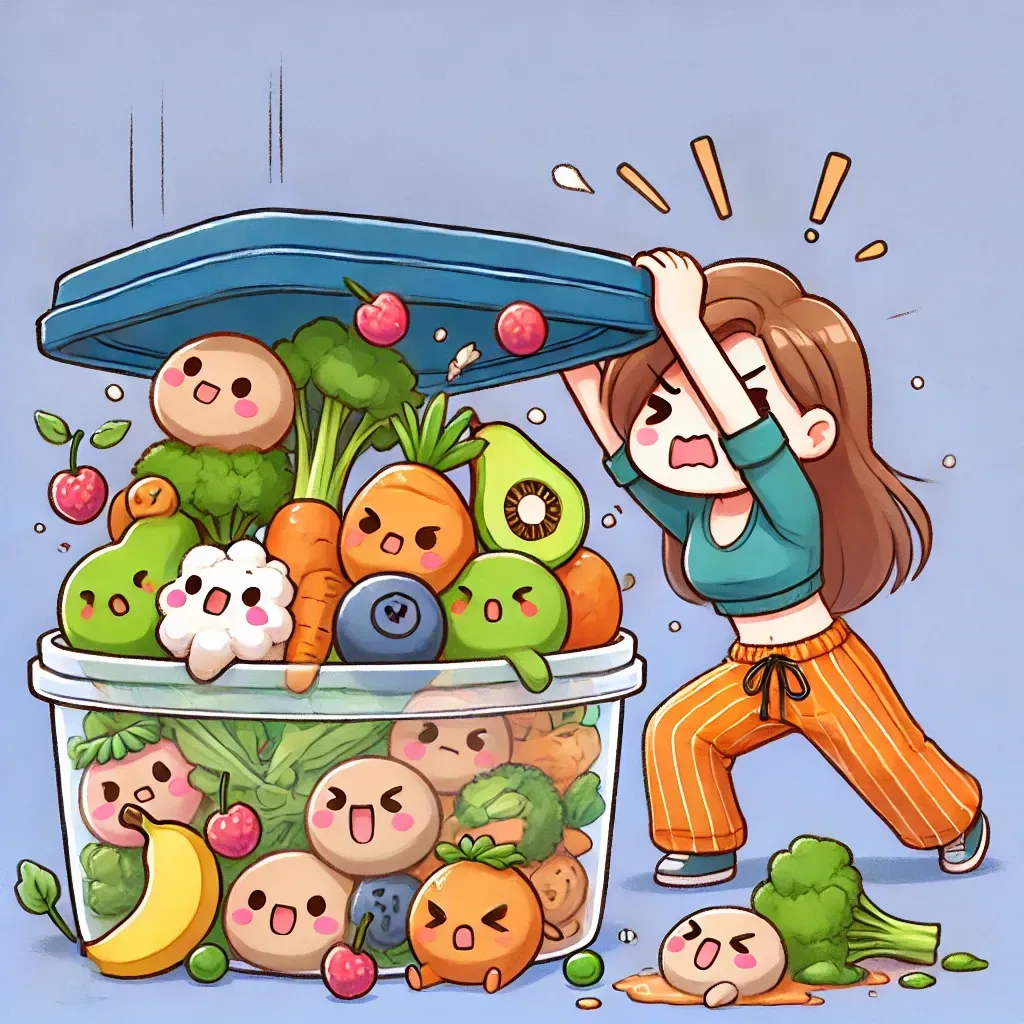Hair Shedding Vs Hair Loss. What's the difference?
Hair Shedding and Hair Loss
Losing your hair is scary stuff!
Hair is a part of our expression; the way we wear it and the style of it speaks to who we are and who we associate with, so losing it can be an extremely distressing thing. I personally have been there, where my hair was coming out in clumps, and now I’m back to my full healthy locks.
But are you experiencing hair loss or hair shedding? Do you know the difference?
These are separate conditions, often with separate causes, and understanding how they differ is key to planning your road to recovery!
Understanding Hair Shedding Vs Hair Loss
Believe it or not, Hair Shedding and Hair Loss are not the same thing. Most people use the terms interchangeably, but the differences are important to narrowing down on your specific issue.
Before you ask how to stop your hair from shedding, or it is possible to stop hair loss, you’ve got to know what you’re dealing with.
Hair Shedding
Hair Shedding is when hair falls out and encompasses natural daily shed. I’m talking about your normal, everyday you find a strand of your hair on your pillow or your shirt. This is totally normal shedding for natural hair.
On average this shed is about 50-100 hairs daily. This is as normal as your breathing or your heartbeat. Oh, and by the way, that doesn’t change if you have long hair. Long hair doesn’t fall out easier or shed more. It’s a very common misconception fueled by the fact a long hair is more obvious when it falls.
There is a 3 phase cycle that hair follicles go through which has a growth stage, a separation phase and a rest phase (during which the hair falls). And given that the growth phase can last for years, it’s well deserved.
Not all hairs experience this equally though, so you will have some top-performing hairs that go decades without shed, and some which just can’t get a grip. That, combined with the fact a typical scalp hosts around 100’000 hairs, means you’re not running out any time soon from natural daily shed.
But Hair shedding
also encompasses excessive daily shed (known as
telogen effluvium).
This is where you are shedding beyond that 100 hair daily mark (generally by a significant amount, but it depends how much hair you have to lose in the first place, excessive shed a relevant consideration even at less than 100 hairs per day if you have a very sparse scalp). This is where you are starting to search for articles about hair loss.
If you want to figure out if you have excessive hair shedding or catch it early, pay attention to the potential causes.
Some causes of excessive hair shedding are:
- Medications (such as birth control and antidepressants).
- Recently giving birth or menopause (natural hormonal fluctuation).
- Trauma or Stress (this is a big one) such as the recent death of a loved one or typical work pressures.
- Recent Sickness, especially if you had a fever.
- Rapid Weight Loss.
- Other issues relating to the scalp can effect hair shed too, such as dandruff or eczema.
If you feel some of these causes fit your story, then great. Hair Shedding usually resolves itself, and pretty fast too. That’s because the body adjusts to the change, which generally means in 3 months, the excessive shedding will resolve, and in 6 to 9 months, you’ll be looking back to your old hairy self.
The issue with hair shedding is when a causative factor remains in flux which doesn’t give the body time to settle in, or with stress (and here’s why its a big one), excessive shedding can become chronic.
Hair Loss
Hair loss, on the other hand, stops the hair from growing (anagen effluvium). So when you lose those 100 hairs every day, for some of them at least, it’s bam. Gone. See ya later. And without the replacement of those hairs, the 100’000 hairs on the typical scalp disappear pretty quickly. You can do the math I’m sure but that’s 1000 Days or a bit less than 3 years until total baldness. Of course, for better or for worse, it’s rarely ever that cut and dried.
You may have already made the jump. Hair loss is baldness. If you are worried about a receding hairline, balding at the crown of your head, middle part balding or really anything where the hair is gone and just ain’t coming back, then this is the focus.
If you are wondering how to tell if you are balding and having hair loss, again, pay attention to the potential causes.
Some causes of hair loss are:
- Hereditary factors, which typically cause androgenetic hair loss aka Male or Female pattern baldness (men experience the classic receding hairline at the temples towards baldness while women lose a little bit of their hair all over the scalp).
- Auto-Immune conditions (Which is one to watch for, because we can do a lot to engage with auto-immunes such, as Hashimotos, and hold them in remission).
- Tugging on the hair, for example, if you tie your ponytail in a deathly vice grip with 15 twists in the band. It generally applies more to long-term effects as opposed to a short-term pulling of the hair, unless the situation is extreme. This also applies in circumstances where a mental state might encourage pulling of the hair.
- Medical Treatments or Chemicals. Naturally, we all think of Chemotherapy here, but even something as inoffensive as a hair product carries some hair loss risk, and performance-enhancing drugs are also known for their stimulation of hair loss.
- Other issues relating to the scalp can effect hair loss too, such as dandruff or eczema.
Hair loss never resolves itself without active change. Your body will not
readjust its way back to growing hair while the cause of the hair loss is still present. You need to take action.
BUT you also need to take care. Don’t dump your meds, don’t try all kinds of crazy things you read on the internet, and don’t layer your head in minoxidil (at least not right off the bat). Take counsel from the relevant professionals who can guide you as to the potential cause of your hair loss so that you can figure out a targeted solution because you can ALWAYS make a situation worse. So tread carefully with your health.
The Relationship Between Stress, Hair Loss and Hair Shedding.
One of the most common root causes for both hair loss and hair shedding is stress.
Stress disrupts the hormone cascade by stimulating greater production of cortisol. It also is linked to increased testosterone which means faster onset of androgenetic hair loss. It can cause you develop coping mechanisms and fidgets which create traction on the hair. It can, through it’s other mechanisms such as maintenance of gut inflammation (yes, your hair loss can be caused by your gut health) result in the development and progression of autoimmune conditions (like Hashimoto’s). It can contribute to conditions which require medication, such as depression, which in turn can result in hair shed.
As a functional medicine practitioner, when I assess a problem I assess it from the roots. And there is a very high probability that if you are experiencing hair loss or shed, the biggest root is stress.
I talk about how to mitigate major stressors on the body in mind, both in my consulting practice and in my course
EnergyRx, which helps you reinvigorate your lifestyle (including tackling the causes of your hair loss). Remember I personally have had hair loss from autoimmune conditions caused by stress, so I know what you’re going through and I know every trick in the book to help.
Key Takeaways about Hair Shedding and Hair Loss
They are not the same thing.
Hair shedding is the hair falling out.
Hair loss is the hair not growing.
Some hair shed and hair loss is permanent, but much of it can be rectified if you take action to effect the root cause, and sometimes, if you are generally healthy, hair shed can resolve itself.
One of the primary causes of hair shed and loss is stress. Functional medicine practitioners, such as myself, have a lot to offer when it comes to combating these conditions.
If you have sudden or highly unusual hair symptoms, it's wise to discuss it with your doctor too, especially if you are on medications.
Don't Miss Out On More!

Heidi Toy FNTP
I help people all over the world heal by identifying and treating the root cause of their body imbalances. Through diet and nutrition, I guide them towards wholeness and balanced lives.
Heidi Toy Functional Medicine Blog














































































































